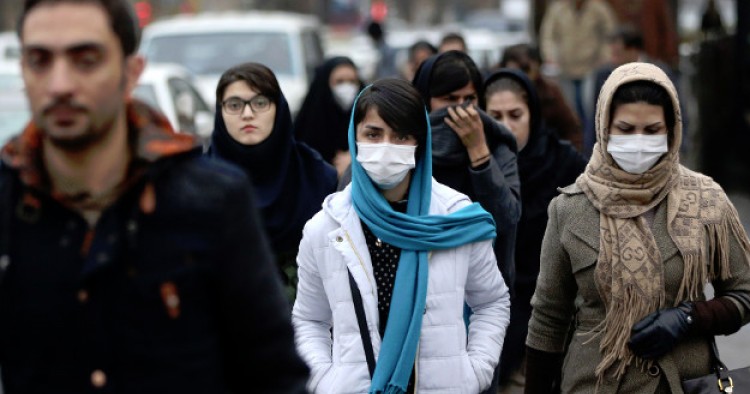Iran’s oil-rich Khuzestan Province has been hit by four consecutive days of angry protest rallies, as residents have been calling on the government to address the region’s worsening environmental degradation and air pollution. People are also angry because their power and water supplies have been cut off for several days as well. Protesters in the provincial capital city of Ahwaz also blasted local authorities and the government of President Hassan Rouhani for neglecting the region. Photographs from the rallies showed protestors carried placards that warned “Khuzestan is tired and will not remain silent anymore,” and “Rouhani: election is near.”
Comment: Popular discontent in Khuzestan is not a new phenomenon. Although the province accounts for a vast majority of Iran’s oil production and government revenues, its residents, particularly the Arab community, have been subjected to economic, social and political marginalization for decades.
But what makes the latest protest movement different is that protestors in the past four days have not only been criticizing the government for mismanagement, deliberate negligence and corruption, but they have also been lambasting Tehran’s involvement in foreign wars at the expense of domestic priorities. “When saving [Syrian President Bashar] Assad is more important than protecting Khuzestan, seeing such a dreadful situation is not unexpected,” tweeted Mostafa Tajzade, a leading Iranian reformist figure and political activist. His message was re-tweeted several hundred times and generated a heated discussion among Iranians living inside and outside the country. As one recent opinion survey showed, support for the regime’s involvement in the Syrian war among Iranians living in the country has declined from 90 percent in 2014 to 24 percent in late 2016.
As in the past, government authorities have predictably responded to protestors’ demands with a campaign of intimidation and arrests. The Campaign for Human Rights in Iran, for example, reported on Wednesday that Iranian Intelligence Ministry authorities had violently arrested a 17-year-old ethnic Arab activist in Ahwaz. “Ali went there and the officials asked him why he wore traditional Arab clothing in rallies for the protection of the Karoon River and carried signs in Arabic,” Aomair’s cousin told the Campaign on February 12. “The officials told him that his friends had been arrested for carrying Arabic banners in Al-Ghadir Stadium in Ahwaz (during a soccer match) to protest Iran’s support for the war in Syria.”
The Middle East Institute (MEI) is an independent, non-partisan, non-for-profit, educational organization. It does not engage in advocacy and its scholars’ opinions are their own. MEI welcomes financial donations, but retains sole editorial control over its work and its publications reflect only the authors’ views. For a listing of MEI donors, please click here.












